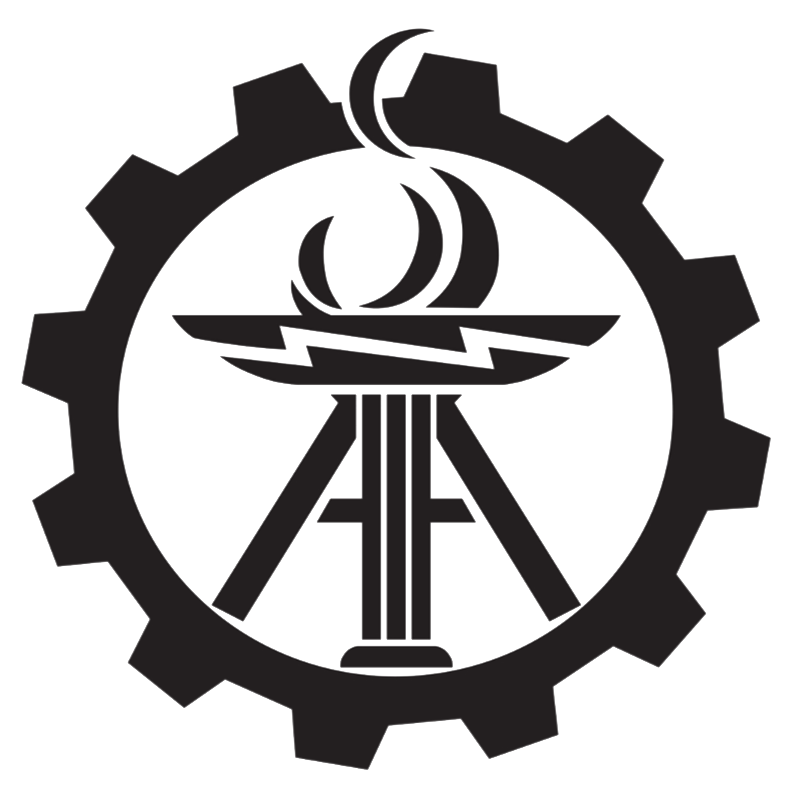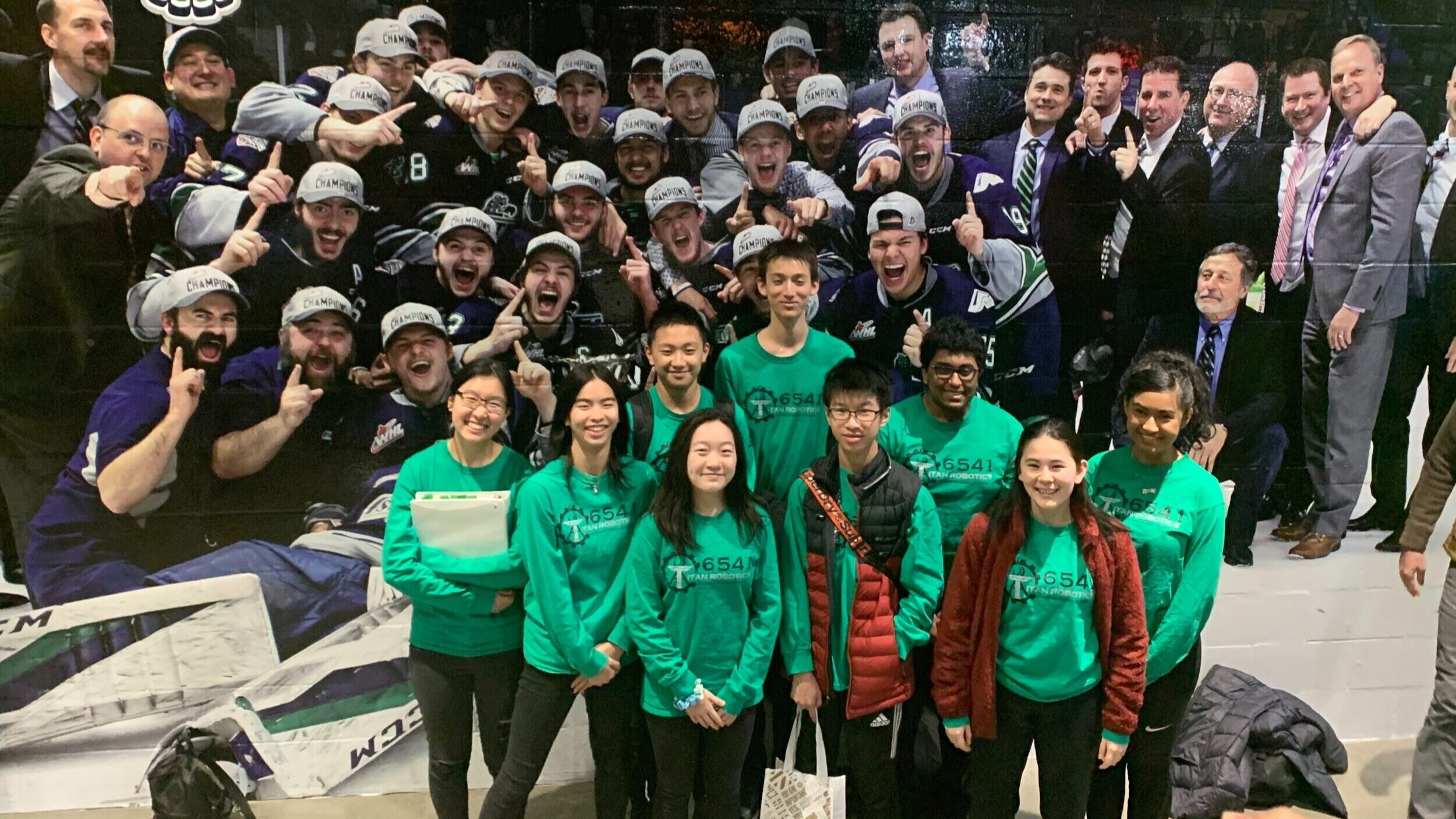About FIRST Technical Challenge (FTC)
FIRST Technical Challenge (FTC) welcomes students from eighth to twelfth grade and has an environment that encourages students to teach each other and brainstorm together to create the best design possible for a robot that fits within an 18-inch cube.
In addition to building and programming the robot, students create an Engineering Notebook to document the whole process, which is reviewed by the judges at competitions. They also prepare a brief presentation for the judges in which they describe the mechanisms on the robot, the programming behind it, and how they overcame any issues they faced throughout the season.
Our FTC team 3543 has excelled in past years, winning the Think Award in addition to being finalists for the PTC Design Award, Rockwell Collins Innovate Awards, the Control Award, and Inspire Award.
Check out FTC’s past robots here.
About the 2022-2023 Season
2022-2023’s game, Power Play, involved picking up plastic cones and placing them on ground junctions or raised junctions of various heights. Alliances also earned points by owning a circuit, or a continuous path of junctions from one end of the field to the other. In total, there are 9 ground junctions, 8 low junctions, 4 medium junctions, and 4 high junctions. This created an additional challenge for designing the robot and for the driver since the field was very cluttered. Our competitions achievements included winning the Control Award since we programmed many auto-assist features. We had a great time hosting competitions at International School this year and we can’t wait for the next season!
Robot History: After the first competition we decided to change our robot’s intake because we found that the first intake was too heavy and affected the balance of the robot. This design change proved to be very beneficial in subsequent competitions.
About the 2021-2022 Season
2021-2022’s game, named Freight Frenzy, primarily involved collecting freight (balls or weighted blocks) and dropping it into the shared or alliance shipping hubs. Other objectives included spinning ducks and deploying a capstone on the tower. Our competition achievements included winning the Design Award and placing 1st runner up for the Innovate Award and 2nd runner up for the Inspire Award. Beyond that, we met and reconnected with so many wonderful WA teams. We can't wait to see everyone again next year!
Robot Features: Charon uses mecanum drive, allowing for maneuverability and space efficiency. It has a four-bar linkage system with the intake attached at the end to move cargo up and down. Another feature is retractable odometry, which measures the change in position of the robot during the autonomous period.
Robot History: After the first competition we decided to make Charon narrower to fit through the gap between the barrier and the wall, increasing its flexibility in teleop and autonomous. Charon won the design award.
FTC FREIGHT FRENZY
FTC 3543’s Autonomous
About the 2019-2020 Season
2020’s game, named Skystone, primarily involved the stacking of game blocks on foundations to build the highest and most stable tower. Other objectives included moving the foundation into the building zone and deploying a capstone on the tower. Due to great interest in joining the team, 2 teams competed that season, 3543 and 6541. FTC 6541 won the Design Award, was the runner up for the Control Award, and moved onto the State Championship as the Interleague winning alliance.
FTC SKYSTONE
FTC 3543’s Autonomous




